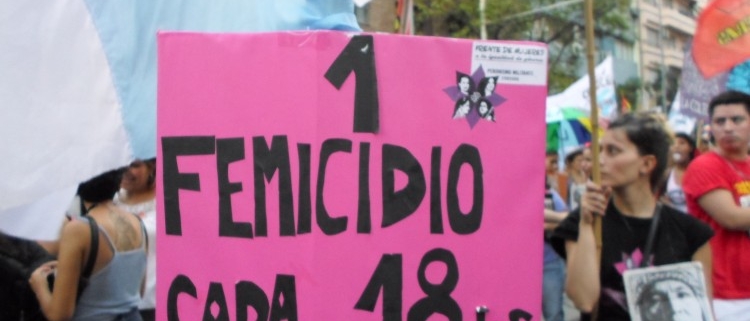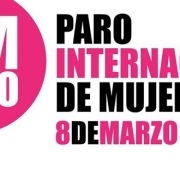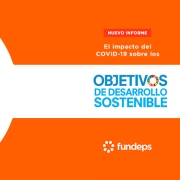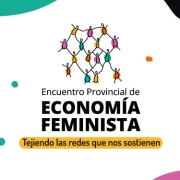Cutting resources to combat gender violence
“Below, we offer a google translate version of the original article in Spanish. This translation may not be accurate but serves as a general presentation of the article. For more accurate information, please switch to the Spanish version of the website. In addition, feel free to directly contact in English the person mentioned at the bottom of this article with regards to this topic”
At the beginning of this year, the cut for the budget aimed at eradicating gender violence in our country was evident, which was later clarified by the authorities of the National Women’s Council (current National Institute of Women) , recomposing such “error”. This movement aroused an alert to the organizations for the serious lack of transparency and clarity on the management of the public funds that would go to the Council.
In this context, it is worth noting that our country has signed and ratified a series of international agreements and treaties relating to human rights for gender equality (the International Convention on the Elimination of All Forms of Discrimination against Women and the Inter-American Convention on the Prevention of All Forms of Discrimination against Women , Sanctions and Eradication of Violence against Women), which oblige the State to develop public policies with the maximum resources required, mainly technical and economic, to guarantee the exercise of rights by women on equal terms with men.
Ignoring these commitments, in September of this year the budget for 2018 was presented, from which a number of civil society organizations (ELA, ACIJ, CAREF, FEIM, MEI and the Siglo 21 Foundation) once again alerted a reduction in the budget allocated to INAM, the main body of application of Law No. 26,485 on Comprehensive Protection for Women, and the lack of clarity and disaggregation of the budget directed at other programs to eradicate violence against women. The difference is 17% less than the current year, taking into account only the official inflation forecasts for the coming year.
The budget gap is more significant if one takes into account that the creation of INAM was established in order to give greater economic autonomy and institutional hierarchy to the body that regulates gender equality policies.
The budget forecast for next year is alarming, especially if we consider that in our country women receive a lower wage of up to 27% less than their male counterparts for the same work performed and are the most likely to work in precarious conditions, the figures of femicides amount to one every 18 hours, that the symbolic and media violence is reproduced through the media by the crisis of the institutions created for its monitoring and eradication.
We note that the budget cut and the absence of a clear picture of the resources that will be allocated to public policies aimed at promoting gender equality in various areas, jeopardize all the positive measures and actions that are being developed in this area. sense and backtrack with the national and international commitments made.
We add that the lack of disaggregation and budget specification towards gender policies shows serious difficulties in addressing the need to incorporate the gender perspective in matters related to the resources allocated, and also prevent their monitoring and monitoring in order to guarantee their fulfillment. In this sense, the State’s action is questionable, since, if it has committed itself to fight against gender-based violence, the measures and the budget approach for this purpose should not reproduce inequalities and violence against women.
The invisibilization and lack of clarity on the budget lines destined to most of the most important programs to guarantee the equality of opportunities and to combat the macho violence (except for some exceptions like the Program of Integral Sexual Education and the Victims against the Violence among others) , create a gray space that would allow the state to shape and alter public funds in favor of interests and contingent needs that could affect the survival and effectiveness of public policies to ensure gender equality.
That is why, once again, we adhere to the demand of civil society organizations against the budget reduction and in favor of transparency and specification regarding State funds allocated to public policies aimed at eradicating the violence that relapses in an insistent and relentless about so many women.
Contact
Cecilia Bustos Moreschi – cecilia.bustos.moreschi@fundeps.org






